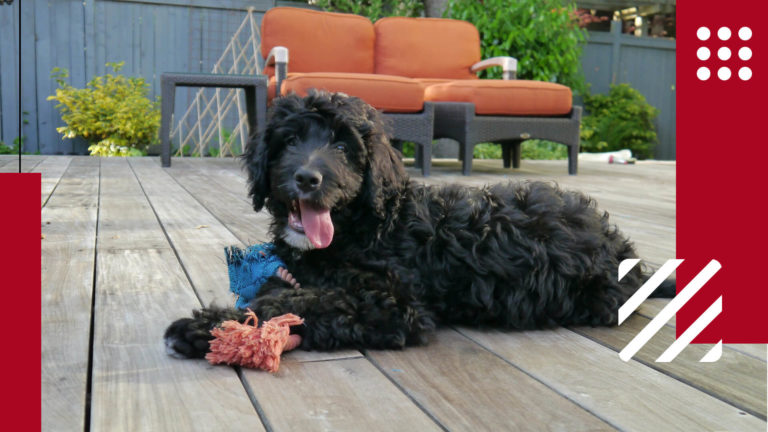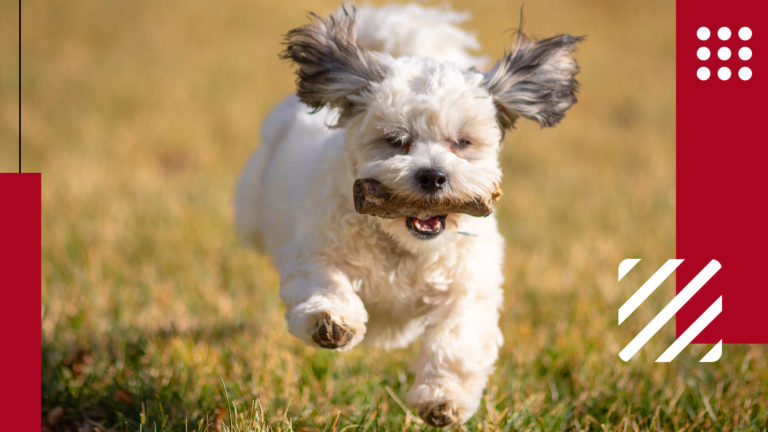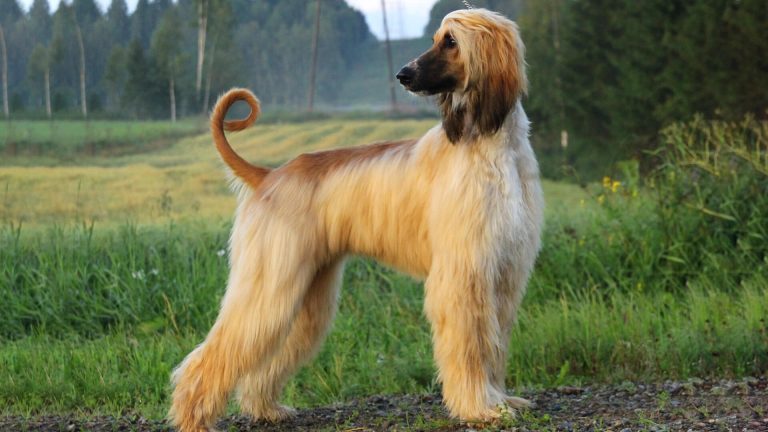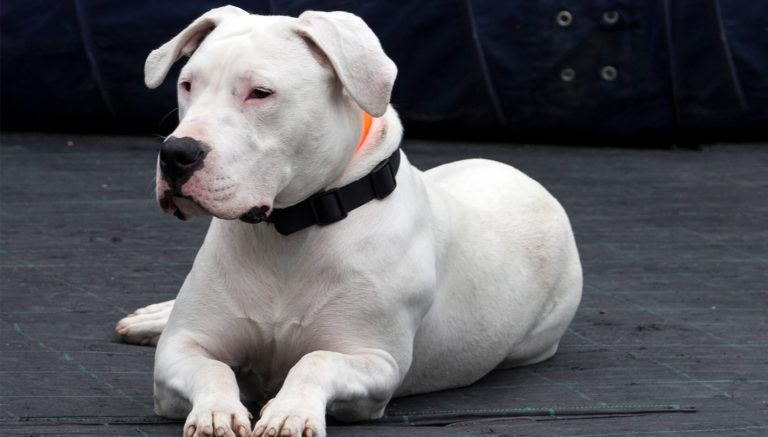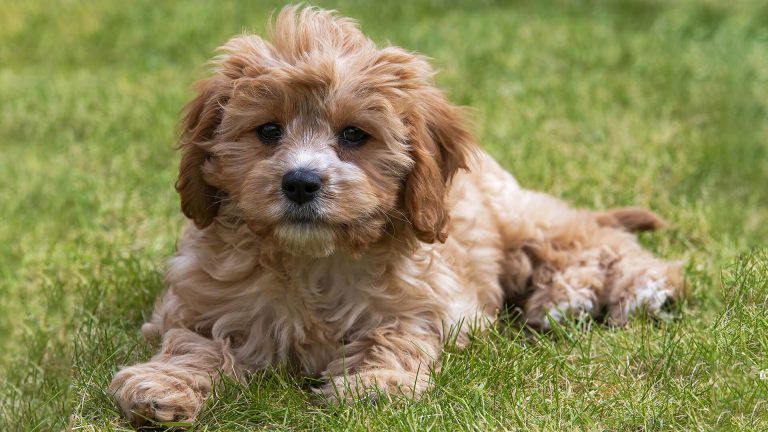The Australian terrier is a small, energetic breed that was developed in Australia in the 19th century. It is thought to be a cross between the Dandie Dinmont terrier, the Skye terrier, and the Manchester terrier. The breed was initially used for hunting, guarding, and herding livestock, but it has also been used as a watchdog and a companion animal. The Australian Terrier is known for its loyalty, intelligence, and affectionate nature, making it a popular choice among dog owners.
Distinctive Features of Australian Terrier
| Scientific Name | Canis lupus familiaris |
| Lifespan | 12-15 years |
| Color | Tan or sandy |
| Size | 10 inches at shoulder |
| Weight | 10-14 pounds |
| Unique Trait | Upright tail |
| Famous For | Hunting, herding, guarding |
| Temperament | Intelligent, alert, energetic |
| Maintenance | Medium |
| Adaptability | Good |
| Personality | Generally good |
| Behavior | Generally good |
| Social | Generally good |
The Australian terrier is a small breed, with a height of about 10 inches at the shoulder and a weight of around 10-14 pounds. It has a sturdy, muscular build and a shaggy, rough-coated coat that is typically tan or sandy in color. The breed is known for its intelligent, alert expression and its distinctive tail, which is often carried upright. The Australian terrier has a lifespan of around 12-15 years, although individual lifespans can vary depending on factors such as diet, exercise, and overall health.
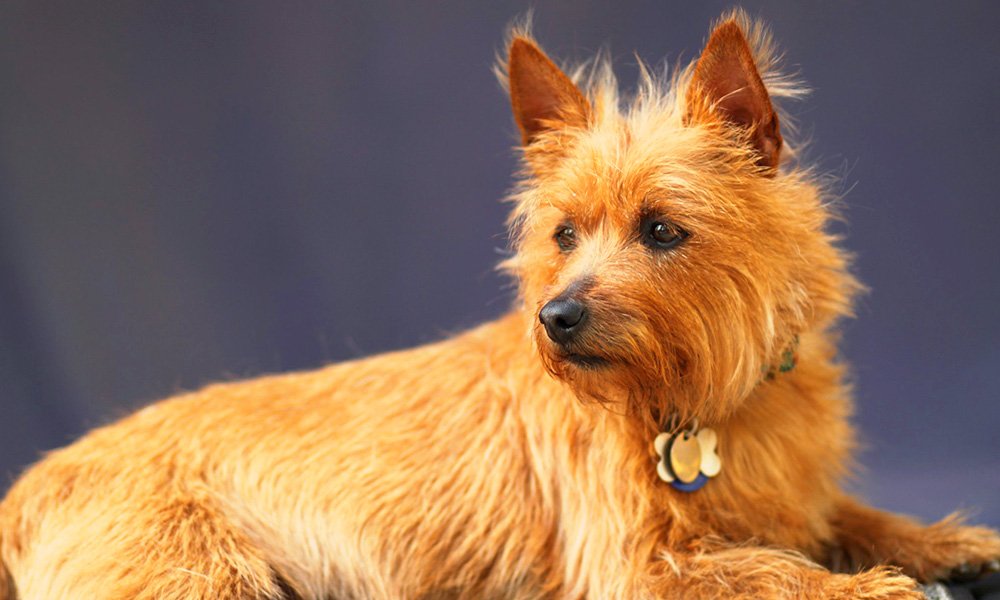

How to Take Care of Pet Australian Terrier Dog?
Taking care of a pet Australian Terrier dog involves several important aspects to ensure their well-being and happiness. Here are some tips on how to care for an Australian Terrier:
How to Set up a Habitat for Pet Australian Terrier?
Australian terriers are energetic breeds that require plenty of exercise and mental stimulation to keep them happy and healthy. They are well-suited to apartment living, as long as they are given plenty of opportunities to run and play. It is important to provide your Australian terrier with a secure, well-fenced yard where they can play and explore safely. However, it's worth noting that Australian Terriers are known to be vocal dogs and can be prone to barking, so it is important to provide them with plenty of toys and activities to keep them occupied.
What to Feed Your Pet Australian Terrier?
Australian terriers are generally healthy eaters, but it is important to choose a high-quality, balanced diet that meets their nutritional needs. Look for a commercial dog food that is formulated for small breeds and that is made from high-quality protein sources, such as meat or fish. You may also want to consider adding some fresh, whole foods to your Australian terrier's diet, such as vegetables and fruits, to provide additional nutrients. However, it's important to make sure that any human foods you give your dog are safe for them to eat and are given in moderation.
What to Avoid Feeding Your Pet Australian Terrier?
There are several types of food that you should avoid feeding your Australian terrier. These include:
- Chocolate: Chocolate contains theobromine, which can be toxic to dogs and cause vomiting, diarrhea, seizures, and even death in severe cases.
- Grains and raisins: Grapes and raisins can cause kidney damage in dogs.
- Onions and garlic: These vegetables contain compounds that can damage a dog's red blood cells and cause anemia.
- Cooked bones: Cooked bones can splinter and cause blockages or tears in a dog's digestive system.
- Fatty foods: Too much fat in a dog's diet can lead to obesity and other health problems.
Brushing, Bathing and Grooming Needs of Your Pet Australian terrier
Australian terriers have a shaggy, rough-coated coat that requires regular grooming to maintain its health and appearance. They should be brushed weekly to remove tangles and mats, and their coat should be trimmed every few months to keep it looking neat and tidy. Australian terriers are generally good at grooming themselves, but they may need occasional baths to keep their coat clean and healthy. Be sure to use a mild shampoo that is formulated for dogs, and avoid getting water in their ears to prevent ear infections.
What it's Like to Keep Australian Terrier as a Pet?
Australian terriers are energetic, intelligent, and loyal pets that make great companions for active individuals or families. They are playful and affectionate and are generally good with children and other pets. They may be prone to excessive barking if not properly trained, so it is important to teach them appropriate behavior and give them plenty of mental and physical stimulation.
Other Pets to Keep or Avoid With Australian Terriers
Australian terriers are generally good with other pets, including cats and other dogs, as long as they are properly introduced and socialized. However, they may be prone to chasing smaller animals, such as rodents and birds, due to their hunting instinct. It is important to monitor your Australian terrier's interactions with other pets and intervene if necessary to prevent any conflicts.
Health Concerns of Pet Australian terrier
Like all breeds, Australian terriers are prone to certain health problems. Some of the most common health concerns in this breed include:
- Dental problems: Australian terriers are prone to dental problems, such as plaque and tartar buildup, and may require regular dental cleanings.
- Hypothyroidism: This is a common endocrine disorder in dogs that is caused by an underactive thyroid gland. Symptoms include weight gain, hair loss, and lethargy.
- Legg-Calve-Perthes disease: This is a condition that affects the hip joint, causing pain and lameness.
- Patellar Luxation: This is a condition in which the kneecap dislocates from its normal position, causing pain and difficulty walking.
- Eye problems: Australian Terriers may be prone to eye problems, such as cataracts, progressive retinal atrophy, and glaucoma.
Training and Playing With Your Pet Australian Terrier
Australian terriers are intelligent, energetic dogs that require plenty of training and mental stimulation to keep them happy and well-behaved. They are generally easy to train and respond well to positive reinforcement methods such as praise and treats. It is important to start training your Australian terrier at a young age, and to be consistent and patient as they learn new skills. In addition to training, it is important to provide your Australian terrier with plenty of opportunities to play and exercise, as this will help to keep them fit and healthy.
Facts About Australian Terriers
Here are some facts about Australian terriers:
- The Australian terrier is the smallest of the terrier breeds.
- The breed is known for its intelligence, loyalty, and energetic personality.
- The Australian terrier is a good watchdog, but they may be prone to excessive barking if not properly trained.
- The breed is generally healthy and hardy, but they may be prone to certain health problems such as dental issues and hypothyroidism.
- The Australian terrier is a good choice for apartment living, as long as they are given plenty of opportunities to exercise and play.
Frequently Asked Questions About Australian Terrier
Some generally asked questions about Australian terriers are answered below:
Are Australian terriers good with kids?
Yes, Australian terriers are generally good with kids, as long as they are properly socialized and trained. They are playful and affectionate and can make great companions for children. However, it is important to supervise young children when they are interacting with any breed of dog, to ensure that the interactions are safe and appropriate.
Do Australian terriers require a lot of exercise?
Yes, Australian terriers are energetic dogs that require plenty of exercise and mental stimulation to keep them happy and healthy. They should be taken for regular walks and runs, and given plenty of opportunities to play and explore.
Are Australian terriers prone to any health problems?
Like all breeds, Australian terriers are prone to certain health problems. Some of the most common health concerns in this breed include dental problems, hypothyroidism, and Legg-Calve-Perthes disease, Patellar Luxation, Eye problems. It is important to have your Australian terrier checked regularly by a veterinarian and to follow their recommendations for preventive care.


